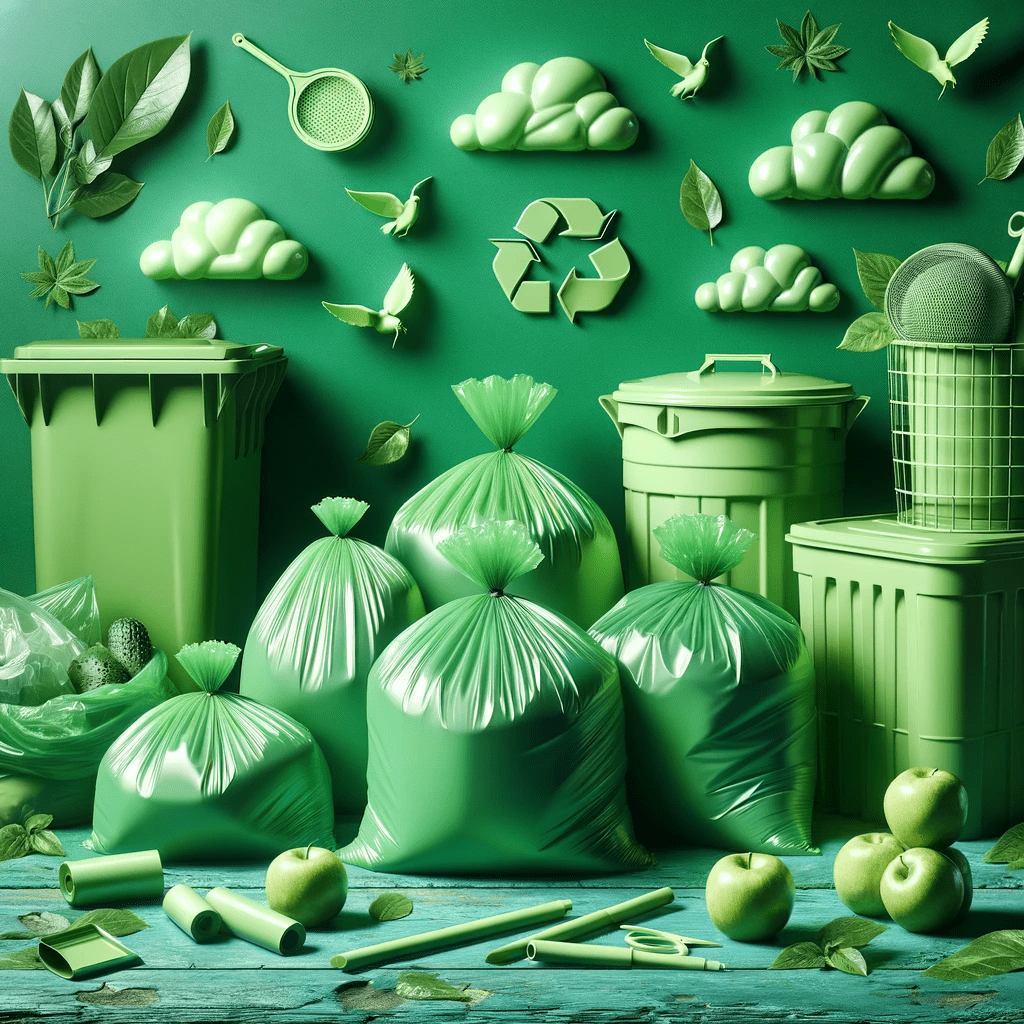Definition
Biodegradable: A property of materials that microorganisms can break down into natural elements, reducing waste and environmental impact.
Expanded Explanation
Biodegradable materials decompose naturally due to microorganisms like bacteria and fungi. This process converts them into water, carbon dioxide, and biomass. Over time, these materials break down in the environment, leaving no harmful residues. This makes them eco-friendly, reducing pollution and landfill waste. They often come from plant-based or natural sources, enhancing their decomposability. Transitioning to biodegradable options supports sustainable living and protects ecosystems.
Biodegradable Ingredients
Biodegradable ingredients break down naturally in the environment. Microorganisms like bacteria and fungi play a vital role in this process. These ingredients transform into water, carbon dioxide, and biomass, leaving no toxic residues. This decomposition reduces pollution and landfill waste. Biodegradable ingredients are often plant-based or natural, enhancing their eco-friendliness. By using them, we contribute to sustainable living and protect ecosystems. Their widespread adoption helps in minimizing environmental impact.
Biodegradable Packaging
Biodegradable packaging, like specific papers, cardboard, and plant-based plastics, decomposes naturally, reducing landfill and ocean waste. It breaks down without leaving toxic residues. Made primarily from plant-based materials, this packaging is eco-friendly and sustainable. Adopting biodegradable packaging protects ecosystems and promotes a healthier planet. This shift towards biodegradable options drives sustainable practices across various industries.
Examples
Example 1: A skincare product containing biodegradable exfoliating beads breaks down naturally and has a lower environmental impact than plastic microbeads.
Example 2: A company using biodegradable packaging materials, such as compostable plant-based plastics or paper, to reduce waste and environmental harm.
Related Terms
Sustainable: Defines sustainability as principles that meet current needs while ensuring future generations can fulfill theirs. The post emphasizes sustainability’s vital role across industries, focusing on maintaining ecological balance, consuming resources responsibly, and minimizing environmental impact. The article defines sustainable production as manufacturing processes that minimize environmental impact, reduce waste, and conserve resources. Notably, it emphasizes sustainable packaging, aiming to reduce waste using recyclable, biodegradable, or reusable materials, thereby promoting a circular economy.
Recyclable Packaging: The post describes recyclable packaging as recycled to create new products, effectively reducing waste and conserving resources. It emphasizes the crucial role of recyclable packaging in various industries, highlighting its ability to minimize waste, save resources, and promote a circular economy. Recyclable packaging also plays a crucial role in reducing the production of new materials, thereby lessening the environmental impact and saving energy. This approach includes using biodegradable options, further enhancing the sustainability of packaging practices.
Visual and Product Aids
External Resources
Biodegradable Products Institute: The Biodegradable Products Institute (BPI) is a science-driven organization that champions the shift to a circular economy. It promotes the production, use, and proper end-of-life processes for materials and products that fully biodegrade in specific biologically active environments. BPI is the foremost authority on compostable products and packaging in North America, ensuring that all certified products meet ASTM standards for compostability. These products must satisfy food scraps and yard trimmings criteria, adhere to limits for total fluorine (PFAS), and display the BPI Certification Mark. BPI’s certification process works with education and advocacy initiatives to keep food scraps and other organics from landfills.
Environmental Protection Agency: Sustainable Materials Management: The Environmental Protection Agency’s (EPA) Sustainable Materials Management (SMM) page describes SMM as a systemic approach to using and reusing materials more productively throughout their life cycles. Over the years, societal attitudes towards natural resource use and environmental protection have shifted. This can be attributed to the adoption of sustainable materials management practices. Considering a product’s life cycle, new opportunities have opened to reduce environmental impact, save resources, and cut costs. This approach includes using biodegradable materials, aligning with sustainability principles and reducing ecological footprint.
Related Articles
Experience the Remarkable Future of Biodegradable Golf Balls: The post introduces a revolutionary sustainable golfing option offered by a Canadian eco-golf company. These biodegradable golf balls dissolve in water within weeks. They are ideal for environmentally conscious golfers. The post delves into how these golf balls are made, their environmental impact, and their role in changing the golfing landscape. It highlights the hidden environmental cost of traditional golf balls. It presents biodegradable alternatives as a solution, revolutionizing golf for the environmentally aware.
Biodegradable Packaging: The Bold Change Your Business Needs Now: This post emphasizes the growing importance of biodegradable packaging in the business world, marking its shift from a buzzword to a necessity. It advocates for businesses to adopt biodegradable packaging solutions immediately. The rising trend of sustainable packaging is driven by increased environmental consciousness, stricter legislation, and growing customer preference for eco-friendly brands. This movement towards sustainable packaging, including biodegradable options, is gaining momentum across businesses of all sizes.


